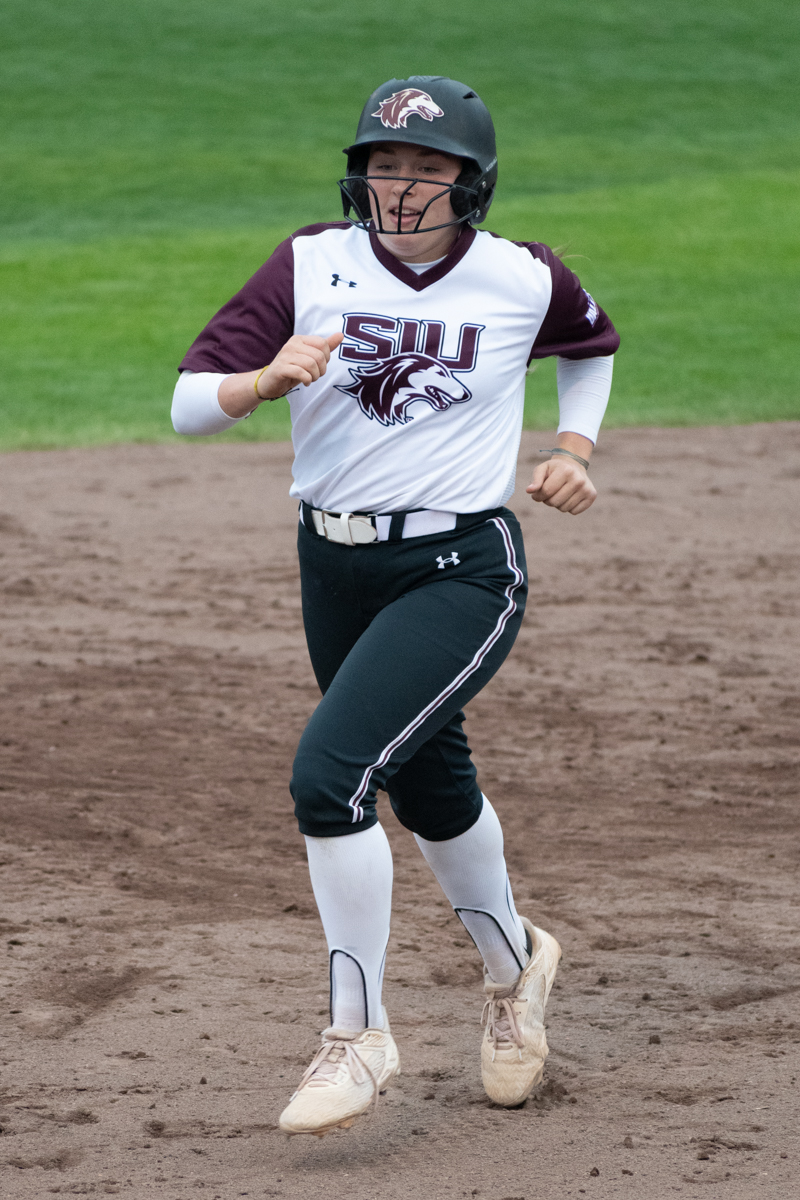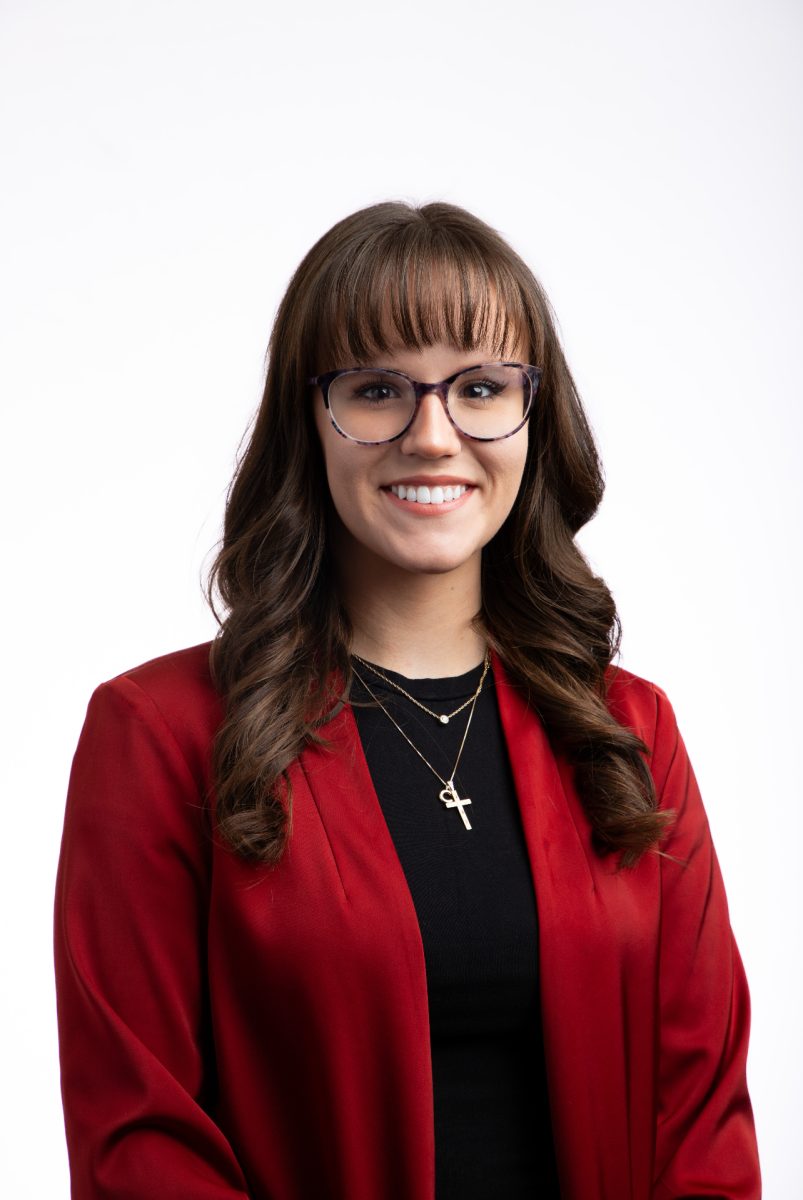SIU: Ground zero for change
January 27, 2015
When former SIU President Glenn Poshard enrolled at the university more than 40 years ago, he said the student body instigated social change.
It still can, Poshard and others said.
“Universities are the best places for change,” said Justin Hansford, a law professor at St. Louis University, who recently spoke at SIU. “At universities, you have students who are young and open-minded, less set in their ways.”
Advertisement
Hansford, who regularly lectures at universities, had a speech titled “Teaching the System to Change the System,” in which he spoke about experiencing the civil unrest in Ferguson, Mo.
“After you graduate from college you have your family and your work life and your office,” Hansford said. “You’ll never be in a more diverse environment, for most people, than the university. This is your chance to interact with these different walks of life and hear their perspective.”
Between 1970 and 1984, Poshard earned three degrees from SIU and was involved in and witnessed many student protests while attending the university.
“When I was in college back in the 1960s, we were going through a lot of social change,” Poshard said. “Students were very involved in the social justice issues of the day.”
Naama Lewis, a graduate student in mathematics and psychology from Gary, Ind., said students still face contentious issues.
“Young people have issues and they have situations that they have a strong feeling about, but then that strong feeling comes off as them being angry,” Lewis said.
She said one of the obstacles students face is racial inequality and a lack of respect for people from different backgrounds. Lewis said misunderstandings about other people are often the cause of prejudice.
Advertisement*
“Racism exists,” she said. “You can’t not talk about it.”
Lewis said inequalities are not limited to racial prejudice.
“Racial iniquities, gender iniquities or economic iniquities. There are so many layers to [the discussion],” Lewis said.
While having such conversations is easier said than done, Andrew Podoll, a doctoral candidate in education from Fargo, N.D., said talking about these issues is important no matter how difficult.
“The reality is these issues have been going on for a long time and are deeply rooted in our society,” he said.
Podoll said he does not feel qualified to suggest solutions to the inequalities America’s young people face.
As a white, heterosexual male, Podoll said his voice in society is already dominant. He said it is a challenge to speak on the topic of inequalities because his identity occupies so much of the dialogue already.
Podoll said students sometimes fail to recognize their privilege—not everyone has the opportunity for higher education.
Hansford, a lawyer and social activist, said while he fights for equality for African Americans, he has to keep in mind he experiences male privilege and cannot forget obstacles American women face.
Nathan Stephens, director of the Center for Inclusive Excellence, said everyone has a different experience and, as a result, develops conflicting perspectives.
“I hope that we can learn to listen to one another, and even if we don’t agree, at least learn from one another,” Stephens said.
However, listening requires someone to speak. Lewis emphasized the power of standing up to peers who make rude jokes or racial slurs. She said listening with empathy for each other’s position and situation is paramount.
“I’m going to talk to you, and I’m going to try to diligently learn about you and understand you, and then, in that process, I change myself and I change you,” Lewis said. “Then you change me and you change yourself.”
Lewis said even when students may be too embarrassed to stand up to peers, being the one in the group who does not laugh at a crass joke is a great place to start.
She said this process of mutual understanding and bettering each other through dialogue is not easy.
“People have to be ready to be wrong. People have to be ready to face the hurtfulness of some of the things they have said and to change how they think,” Hansford said.
Poshard said students must be passionate and not settle for situations they are born into.
“Maybe they feel that the only way they can get the point across is to join another group of people and protest, and that’s OK,” Poshard said.
Students should never feel they are too small or insignificant to make something happen, Podoll said.
“It’s all about getting out of that comfort zone,” he said. “It also means being resistant to social norms. So when we’re in crowds of people and conversations are being had, who’s going to stand up and say I don’t appreciate that, or that’s not appropriate?”
Jonathan Swartz can be reached at JSwartz@dailyegyptian.com or on Twitter @JP_Swartz.
Advertisement








